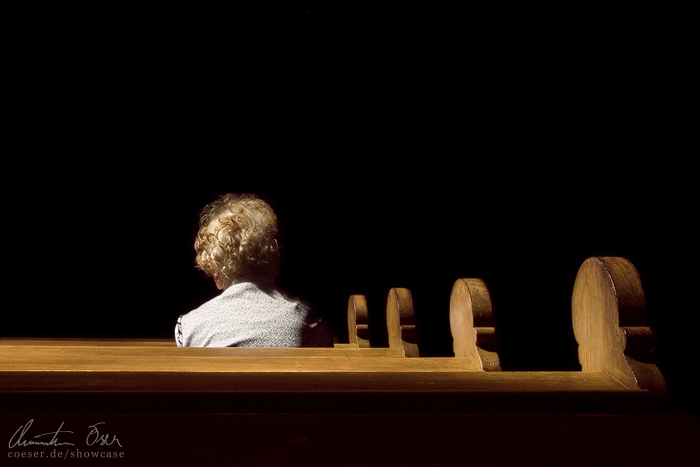What qualities would you list on your resume? If you were an employer, what qualities would most look for?
The resources I found on the topic of Best
Qualities to list on a resume say the number 1 quality that is sought by
employers is communication skills.
This is followed by:
Honesty or integrity
Teamwork
Interpersonal skills
Self-Motivation
Flexibility
Problem solving skills
If we were to create a Job description for
leadership among God’s followers, Moses would be at the top of the list of
candidates who are Biblical role models for leadership.
So, let’s take a look at this Biblical role model
then, and try to determine what might be on a job description for a position of
leadership among God’s people.
Moses had a remarkable life.
His story began when he was an infant, chosen by
divine intervention, and placed in a basket on the river Nile. So….he is adopted. This, in and of itself, does not raise a
concern, but the level of dysfunction that this causes him later when he has
trouble relating to his own people does.
Moses lacks interpersonal skills.
When an Egyptian abused one of his countrymen, he
kills him.
Hmmm….that would strike teamwork, problem solving
and flexibility from the list.
Then, Moses buries the body in the sand, and
flees to Midian as a fugitive.
So…I guess honesty and integrity are off the
list.
Years later Moses wanders to the "mountain
of God," Horeb, or Sinai while shepherding sheep. He comes upon a bush that won't burn. It's so
extraordinary that Moses stops to investigate.
Hmmm…Ok, so he is either just curious…or, he has A.D.D.,
and has just left his sheep because his attention was distracted by something
shiny.
He hears the voice of Almighty God coming from
the bush. Moses knows it is God, because he "hid his
face, for he was afraid to look at God”.
Ahhh….there’s a quality that God can work with…Faith! Unfortunately, faith in God is nowhere on our list of the best qualities to put on a resume. It seems employers aren't looking for people of faith.
Now, when God gives Moses his assignment, Moses
starts to argue: "Why me? Why
should I go to Pharaoh?"
Essentially, he is claiming God is wrong. God answers. But Moses won't stop: “What name
will I say has sent me? What will I say?”
Ok, first off, we have to say that the number one thing listed as a quality sought by today’s employers must be stricken from our
list…Communication skills. Moses doesn’t
only ask what will I say, but he admits that he has trouble speaking.
Second, God has to go to great length to motivate
Moses to get moving. So, we can scratch
self-motivation from our list.
But, it’s kind of hard not to read between the
lines here and realize that Moses is giving God a hard time. So last, but not least, when I read this and I try to put myself in Moses’
shoes…well, bare feet, I’m thinking, “Dude! This is God! Just shut your mouth and do what God
says! How can you even think about
arguing with God!?” But he does. So, it is safe to say that what Moses has is chutzpah…audacity. He is brazen!
But, nowhere in our list of sought after qualities is chutzpah. Yet, it seems that is precisely a
quality that God sees in Moses
So, if Moses is our role model for good
leadership, let’s recap our list of qualities on his resume.
Qualities Moses lacked:
Communication skills
Interpersonal skills
Honesty, Integrity
Flexibility
Problem Solving
Self-Motivation
Qualities Moses has:
Faith
Chutzpah
That’s it!
Those are the qualities that Moses brings to bear
when God calls him to accomplish what is arguably the greatest leadership
challenge in history.
So, what do we see in one another as we consider
what we bring to bear for what God puts in front of us? Do we look at the challenges ahead of us and
assume that we are not qualified, not capable?
What do our conversations with God sound
like? Do we even have conversations with
God?
And, if so, do we have the chutzpah to really push God for answers, the way Moses did?
Our church needs leaders. Has God been whispering in your ear, or speaking
to you in a kind of burning bush, telling you that you are needed in the service of God in your church? Are you stepping up, or avoiding doing so because you think you’re
unqualified?
If we were the employer of such an enormous
challenge of leading people out of Egypt, would we have hired Moses…fugitive,
dysfunctional, attention deficit, argumentative, inflexible Moses?
God saw more in Moses than he saw in himself.
And, God sees more in you than you can see in yourself.
Don’t measure yourself by the world’s standards.
Trust that God has already measured you by His…and
has called YOU!
Amen










